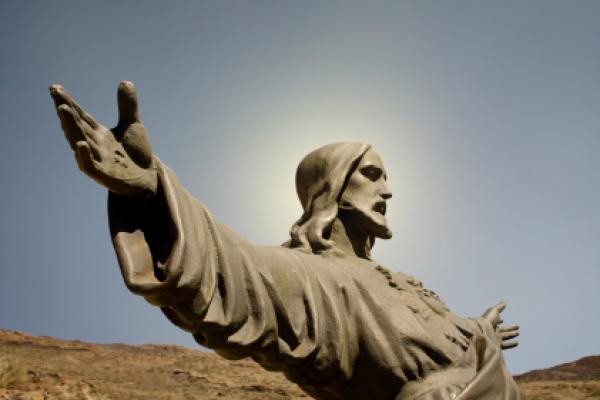Products Categories
Online Service
Easter Sunday in United States
Author:admin Addtion Date:2024-01-02 13:12:00 View:2373

What do people do?
Many churches hold special services on Easter Sunday, which celebrate the Jesus Christ's resurrection after his crucifixion. Many people also decorate eggs. These can be hard boiled eggs that can be eaten later, but may also be model eggs made of plastic, chocolate, candy or other materials. It is also common to organize Easter egg hunts. Eggs of some form are hidden, supposedly by a rabbit or hare. People, especially children, then search for them. In some areas, Easter egg hunts are a popular way for local businesses to promote themselves or may even be organized by churches.
Easter Sunday is not a federal holiday but a number of stores are closed in many parts of the US and if they are open, they may have limited trading hours. In some cities, public transit systems usually run their regular Sunday schedule, but it is best to check with the local transport authorities if any changes will be implemented during Easter Sunday.
In Pagan times, many groups of people organized spring festivals. Many of these celebrated the re-birth of nature, the return the land to fertility and the birth of many young animals. These are the origins of the Easter eggs that we still hunt for and eat.
In Christian times, the spring began to be associated with Jesus Christ's crucifixion and resurrection. The crucifixion is remembered on Good Friday and the resurrection is remembered on Easter Sunday. The idea of the resurrection joined with the ideas of re-birth in Pagan beliefs.
For people with strong Christian beliefs, the cross that Jesus was crucified on and his resurrection are important symbols of the period around Easter. Other symbols of Easter include real eggs or eggs manufactured from a range of materials, nests, lambs and rabbits or hares. Sometimes these symbols are combined, for example, in candy models of rabbits with nests full of eggs. Eggs, rabbits, hares and young animals are thought to represent the re-birth and return to fertility of nature in the spring.
